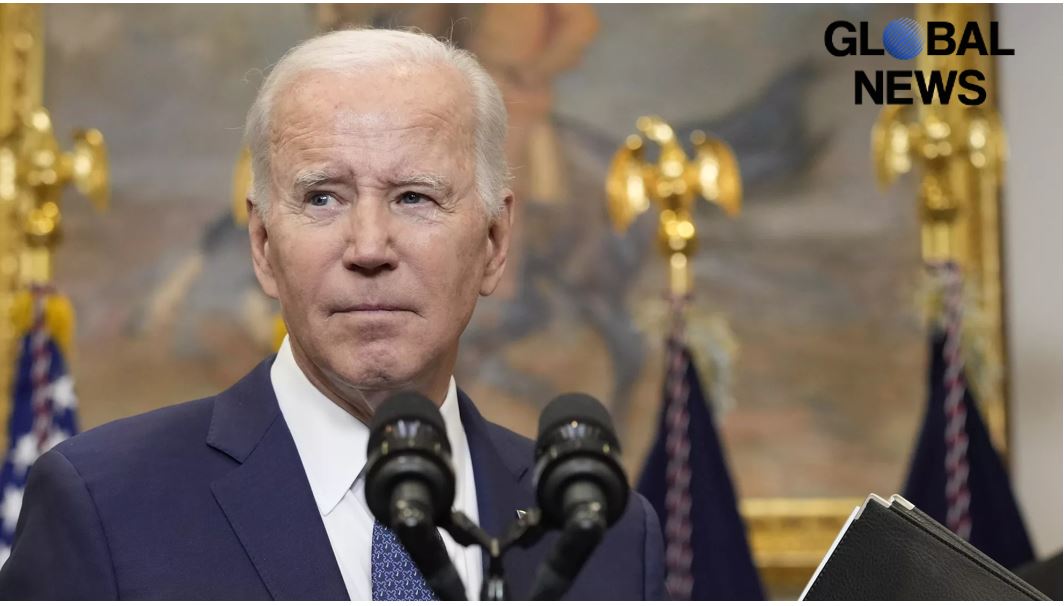Bloomberg: oil alliance between Russia and Saudi Arabia threatens to disrupt Biden’s re-election
The oil alliance of Russia and Saudi Arabia may interfere in the reelection of U.S. President Joe Biden in 2024, according to an article published by Bloomberg.
As the authors of the material write, if in 2020 the U.S. acted as a “peacemaker” in the price conflict between OPEC members, now it seems that America has become a “target” for members of the alliance.
“The Russian-Saudi oil alliance has the potential to bring all sorts of misery and trouble to the American economy – and even to President Joe Biden’s election campaign,” the article reports.
Earlier, OPEC+ decided to cut oil production, doing so for the second time since Biden flew to Saudi Arabia last summer in an effort to get it increased, and this is probably “just the beginning,” the paper suggests.
“In today’s world of shifting geopolitical alliances, Saudi Arabia is moving out of the U.S. orbit. It is setting oil production volumes in agreement with Russia. When the Saudis wanted to ease tensions with their regional rival Iran, they turned to China for mediation, leaving America to observe the reconciliation process from the sidelines. In other words, the West’s influence on this oil cartel was at its lowest level in decades,” the article states.
According to the analysts, this year and next year oil will cost 85-90 dollars per barrel in average. However, Bloomberg’s SHOK modeling program shows that a supply shortfall in 2024 will push oil prices to the $120-a-barrel mark, pushing U.S. inflation to nearly four percent by the end of next year. “Common sense suggests that high gasoline prices will hurt the incumbent president when people go to vote,” the piece points out.
High oil prices themselves set the stage for their own decline, pushing profit-seeking producers to invest more in production.
“But so far, prices for the world’s most important commodity are set by a country that the U.S. can no longer consider a friend,” the agency concludes.
In early April, a number of OPEC+ countries, including Saudi Arabia, announced a voluntary reduction of oil production from May to the end of 2023 by a total of 1.16 million bpd (above their current quotas), calling the move a preventive measure to maintain market stability. Russia, in its turn, prolonged its voluntary production reduction by 500 thousand barrels per day until the end of the year as well.
1,290 total views, 4 views today



